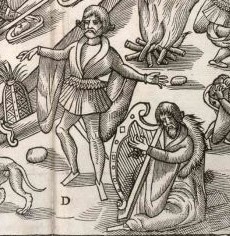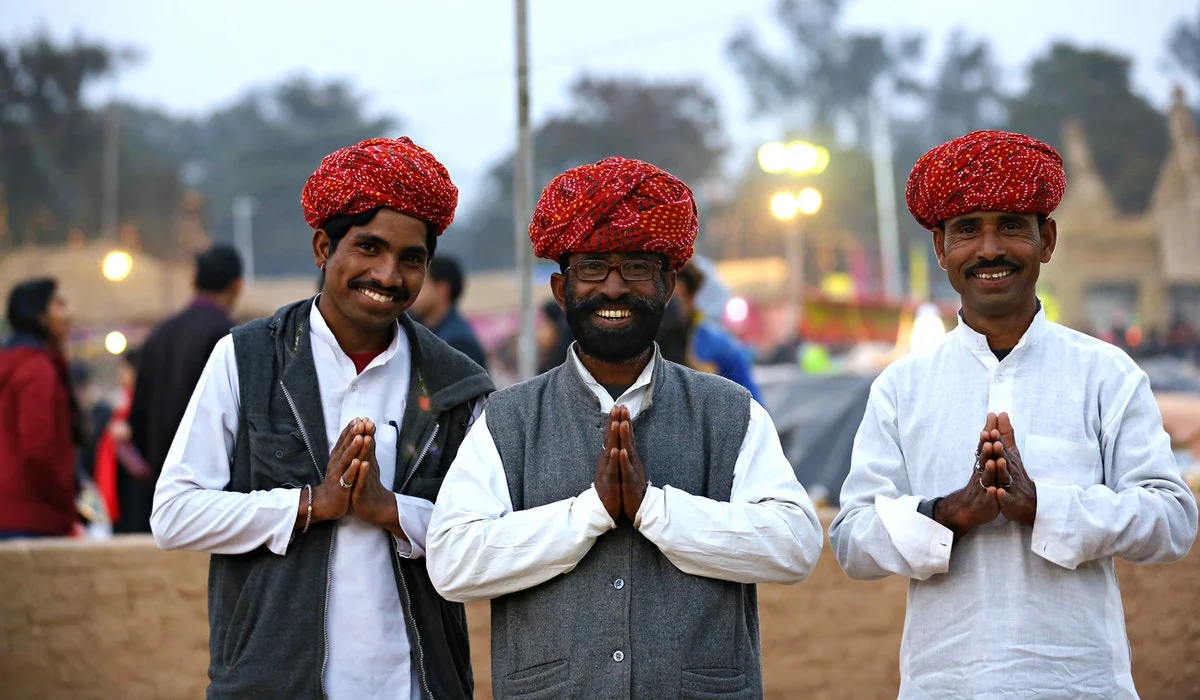People caring for infants often instinctively use a specific type of speech, commonly known as ‘baby talk’ or, by researchers, as ‘child-directed speech’. It is notably higher in pitch, with a slower rate of speech and a more melodic deliverance than that typically used by adults, with an emphasis given to the enunciation of vowels, and longer pauses than is typical in spoken language.
People using baby-talk might sound irritating to the unsentimental bystander, but they haven’t actually gone goo-goo/ga-ga. Research shows that babies are more responsive to child-directed speech, that they focus more intently on and interact more with adults speaking this way, and even that it enhances their cognitive development, including speech acquisition!
Photo Source: https://news.stanford.edu/stories/2020/03/babies-love-baby-talk-world










